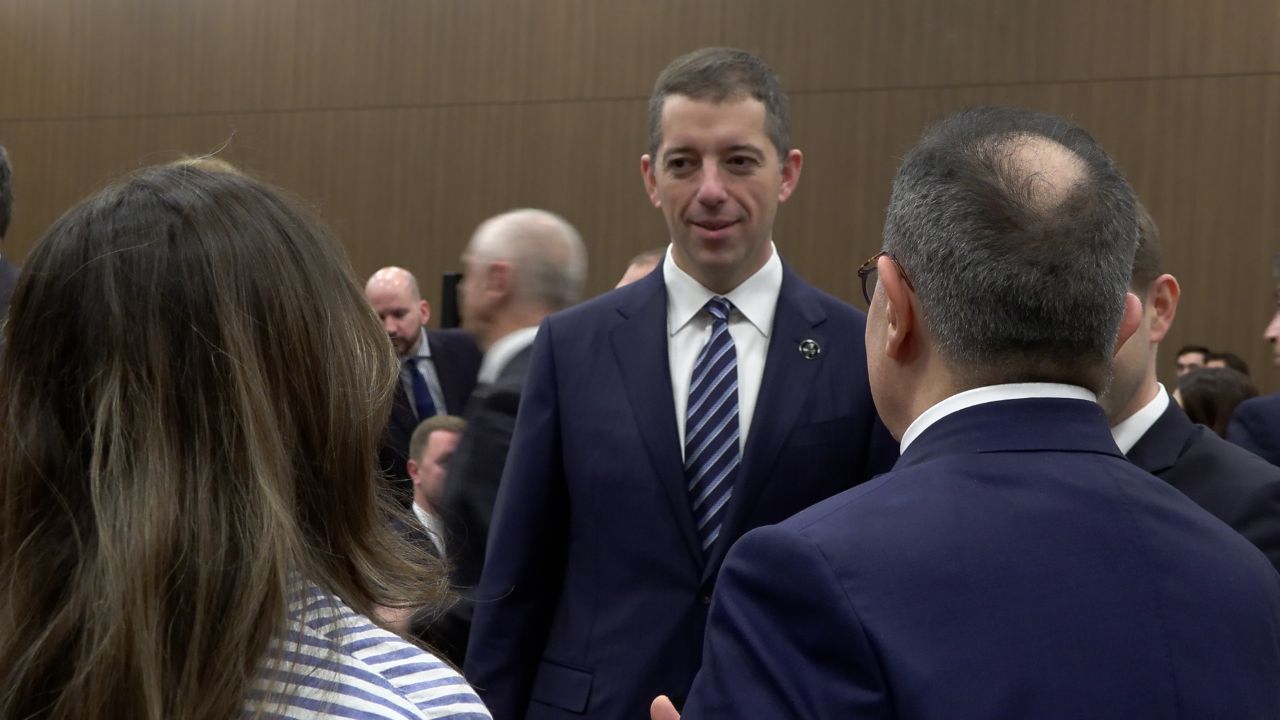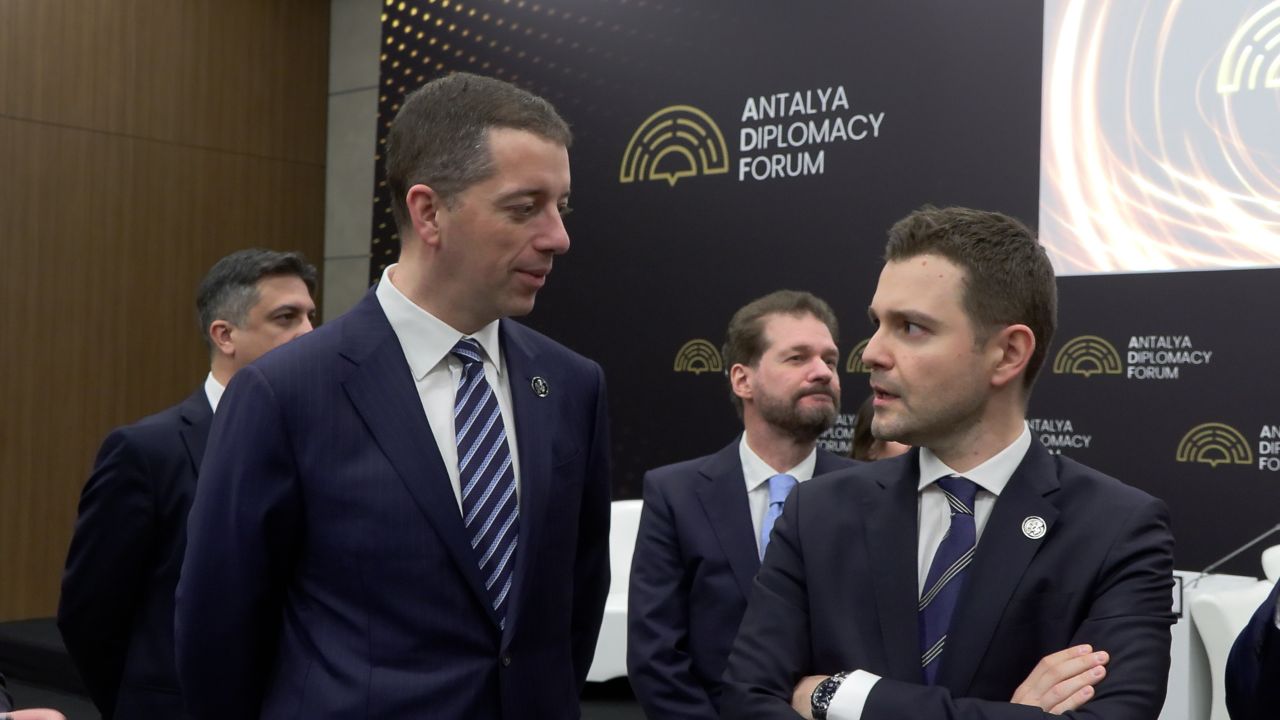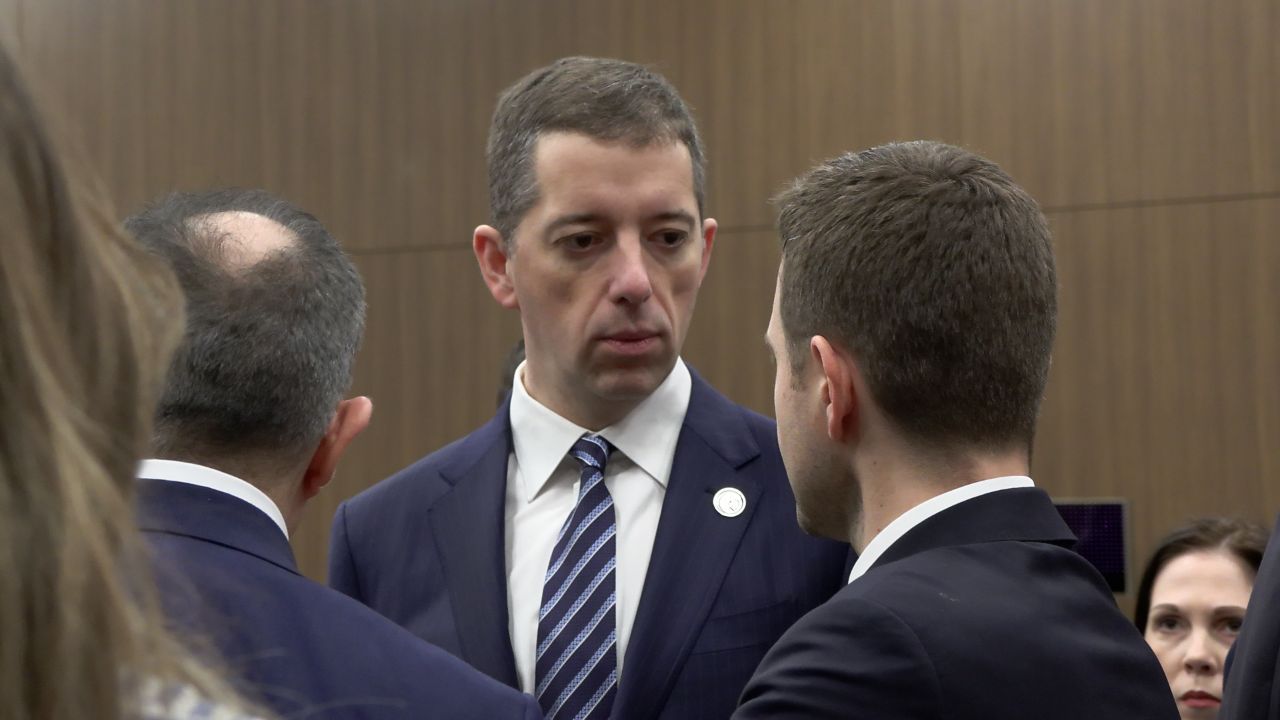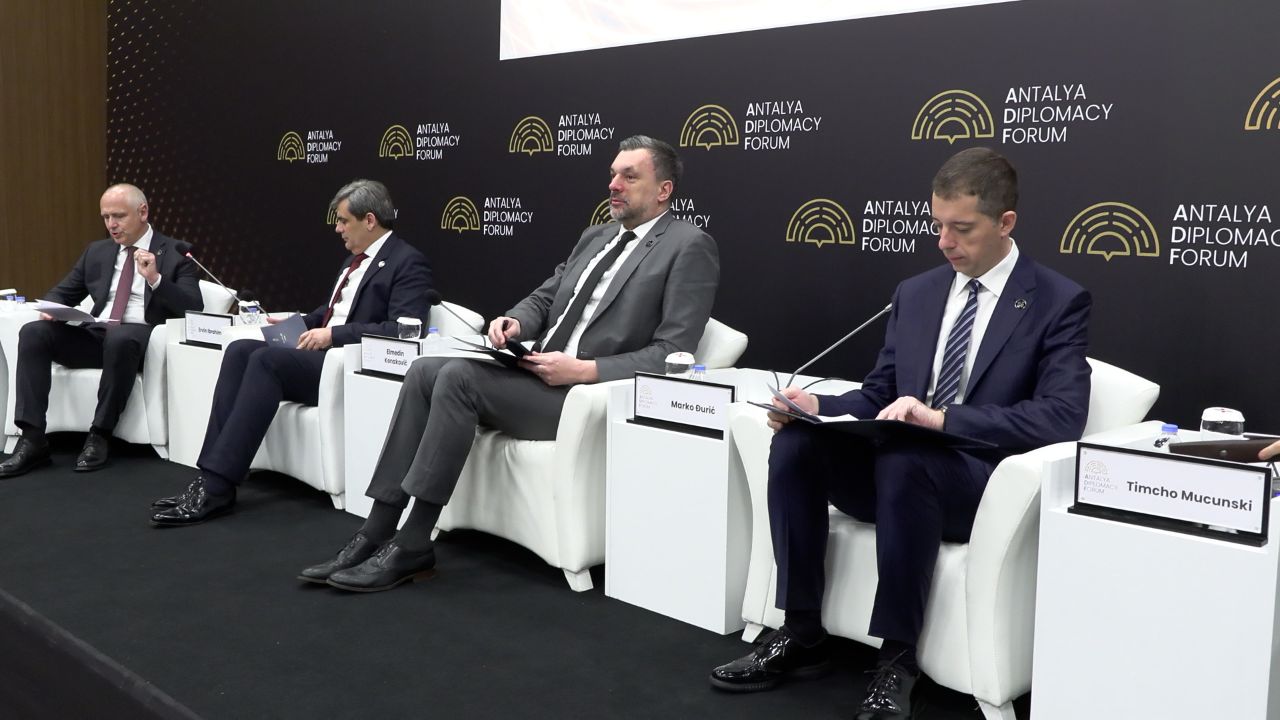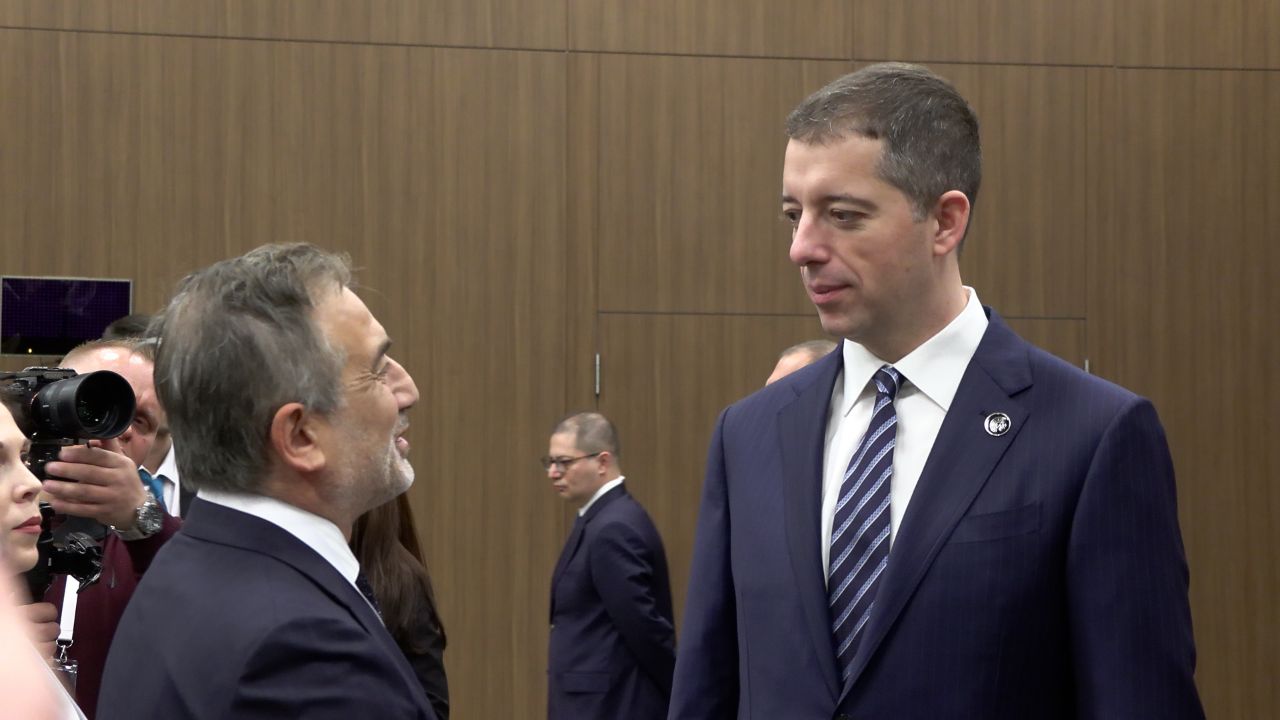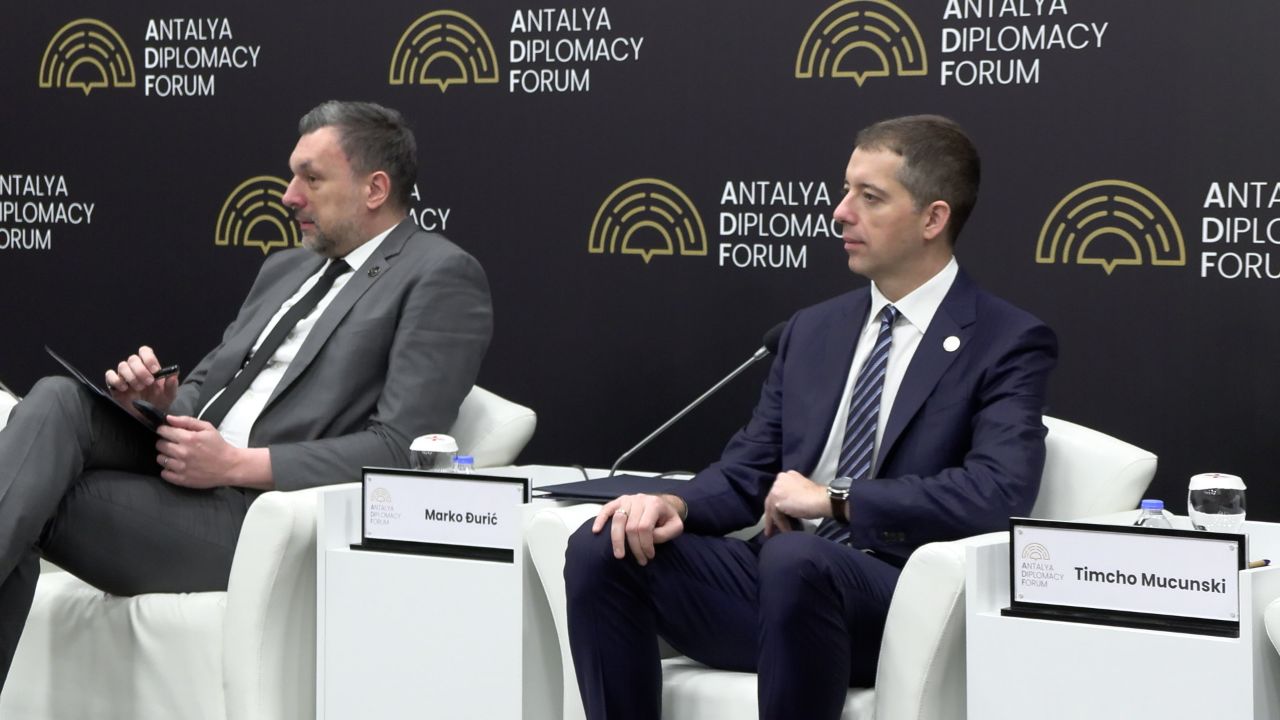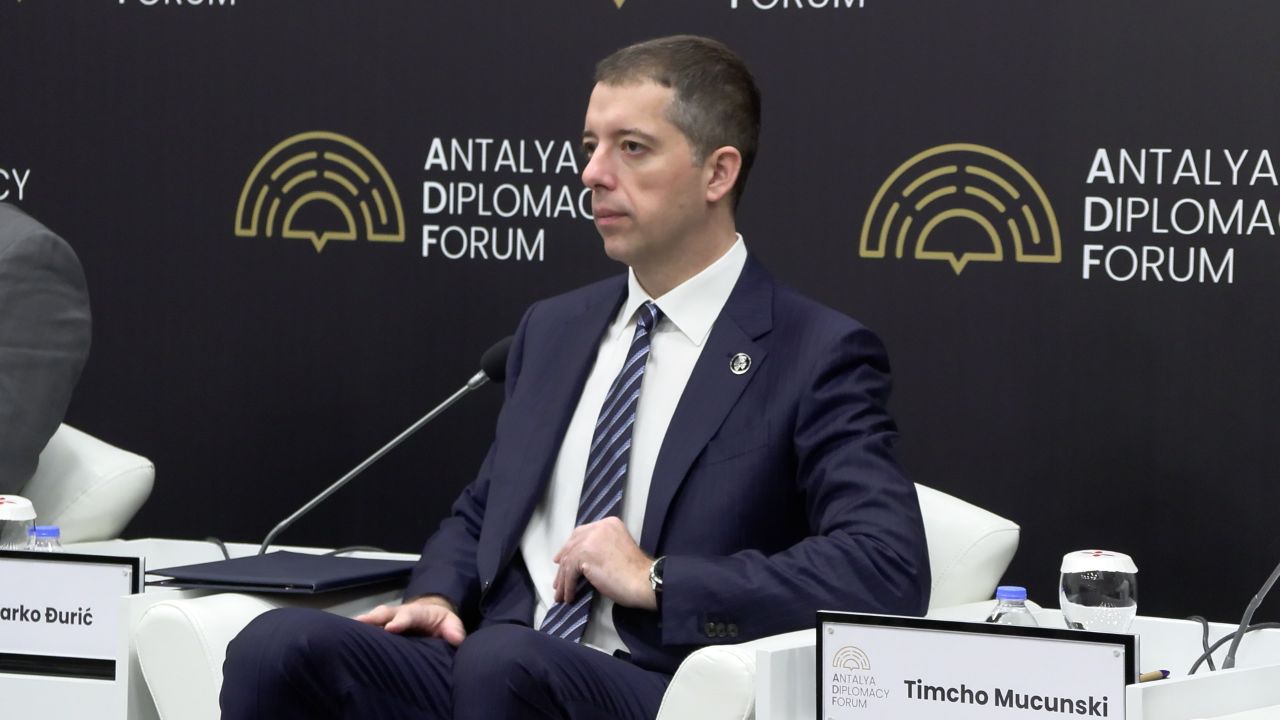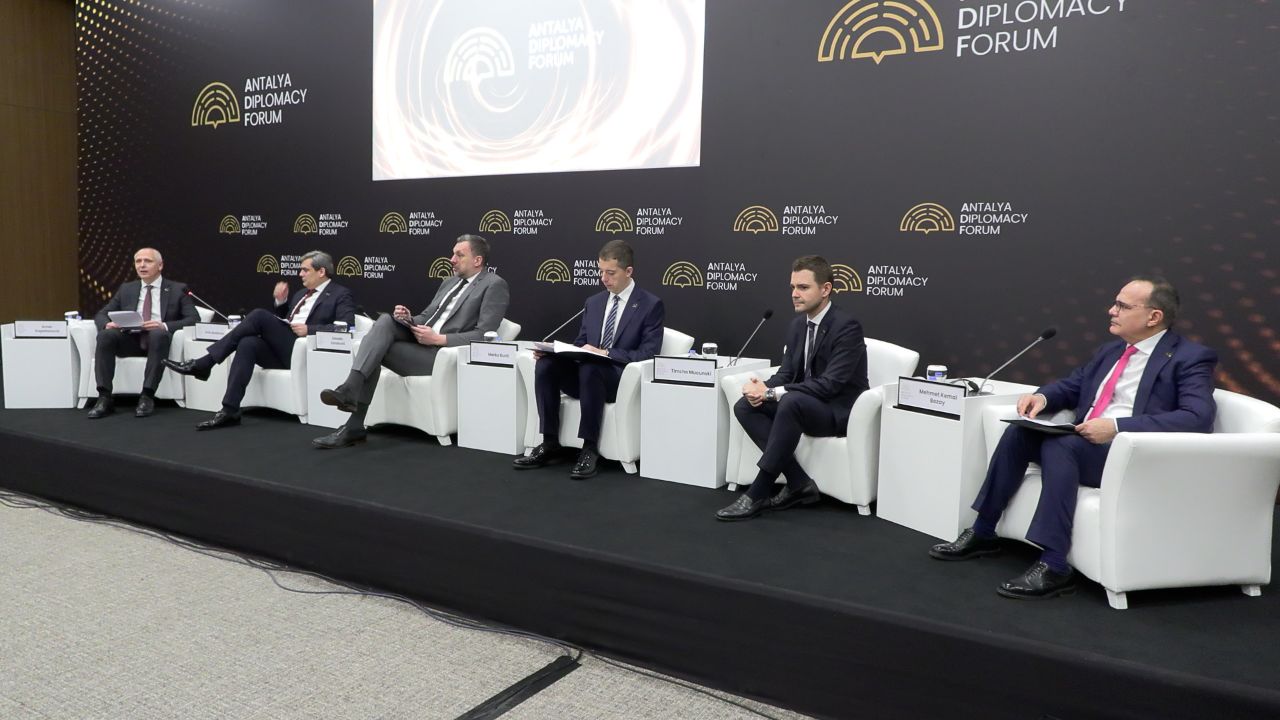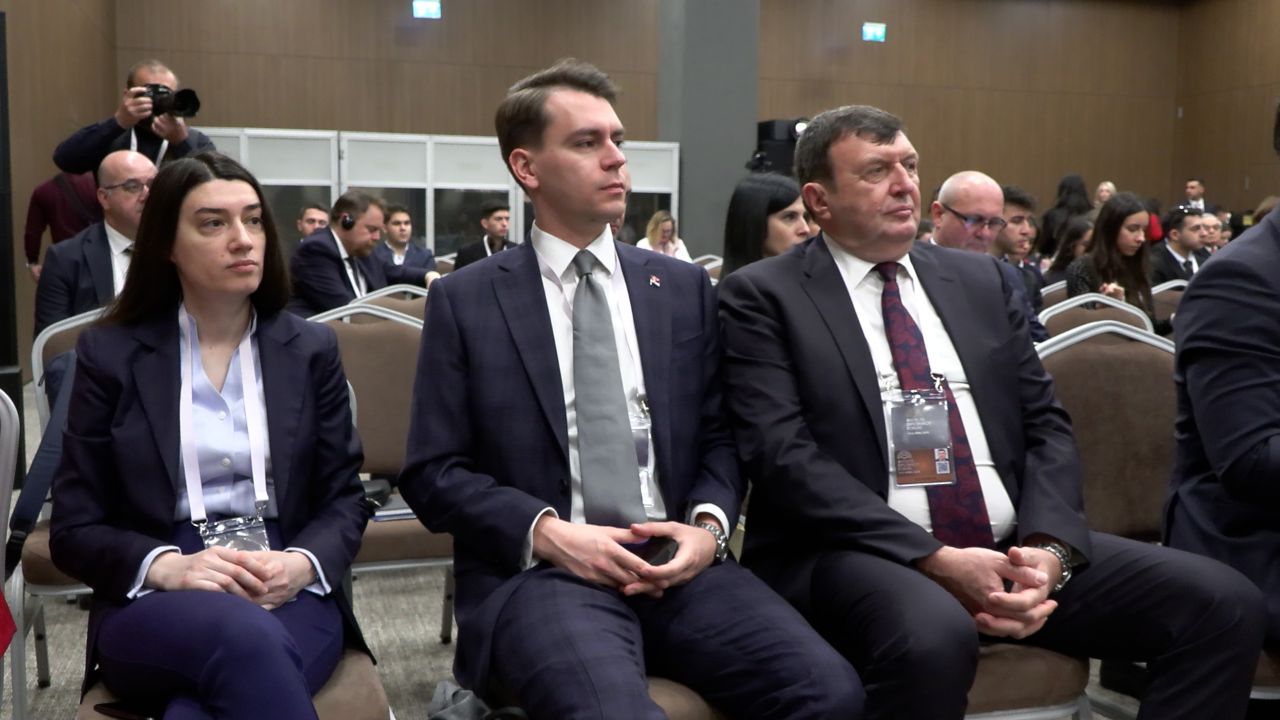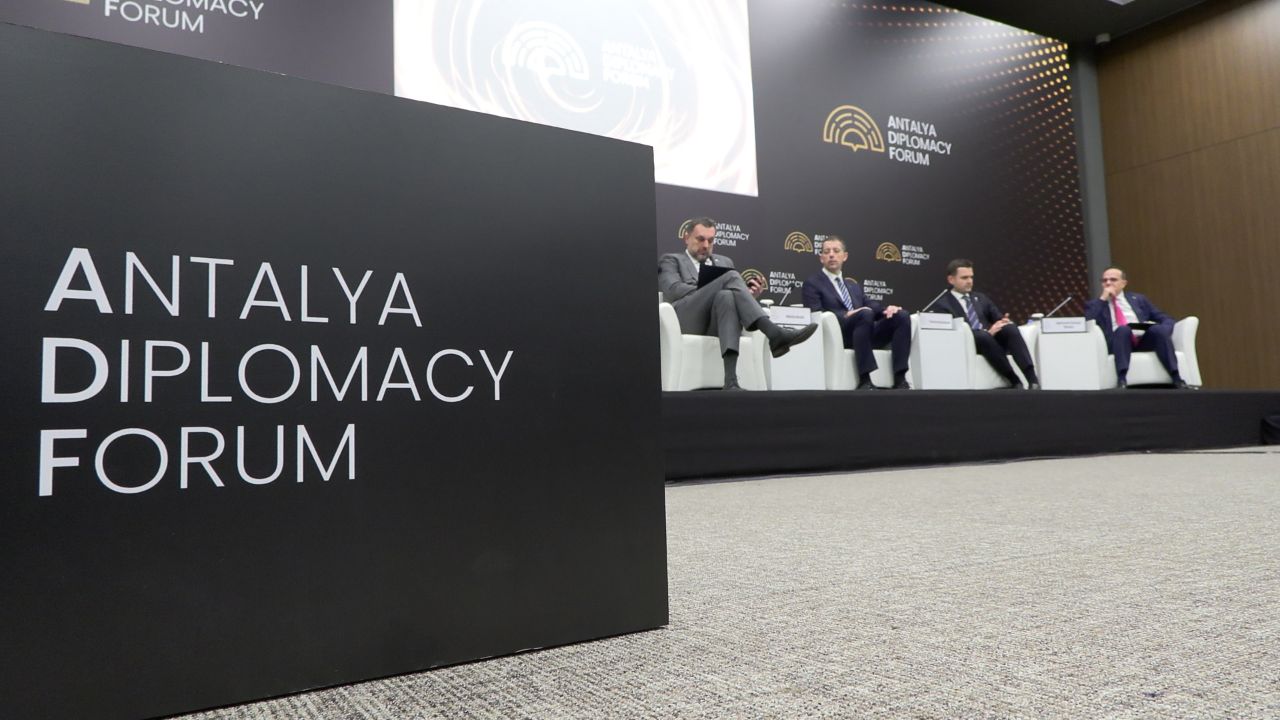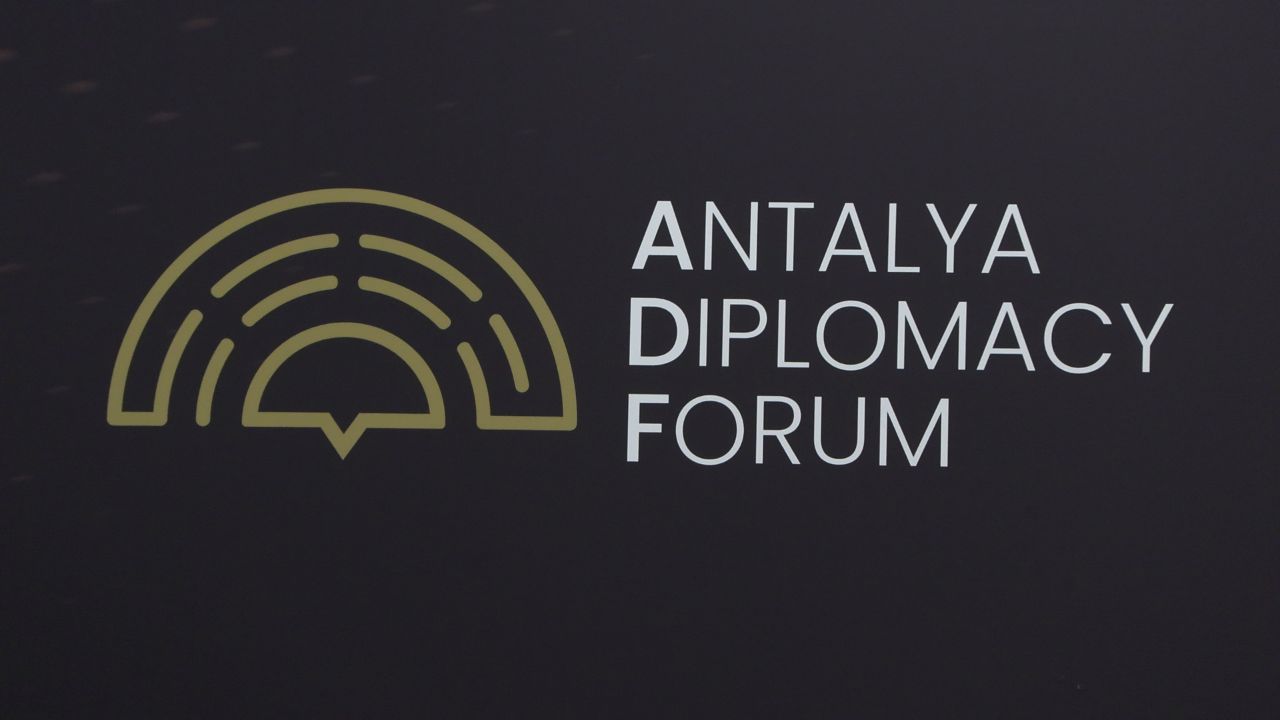Đurić: Growth requires a stable and friendly environment
Speaking on the panel titled "Regional Responsibility for a Prosperous Future in the Balkans," Minister Đurić emphasized that facilitating the region’s access to the European Union would resolve many institutional issues and eliminate numerous political shortcomings across the Western Balkans.
“In the period ahead, we will strive to enhance relations within the region and invest substantially in resolving the legacy of the 1990s. I have no illusions about the difficulty of this process, but if we want to maintain the high growth rate we have achieved in recent years, we must ensure a stable and friendly environment. That will be the main task of my ministry in the coming period,” Đurić stated.
He noted that, beyond their shared ambition of EU membership, the countries of the region face a series of common challenges—including the need for greater economic and social mobility, combating corruption, and strengthening institutional capacity.
Minister Đurić argued that many of these problems could be addressed through regional cooperation, but that a necessary precondition is sound political understanding at the highest levels between countries in the region.
“The world is changing extremely fast and brings numerous challenges, so I would say that what we may need in the region is some sort of a ten-year moratorium on all political and ethnically driven conflicts and disputes, so that we can focus on what truly matters,” Đurić emphasized, adding that Serbia will take a proactive approach in efforts to reduce tensions in the region.
He warned that the use of ethno-nationalist rhetoric for personal political gain is damaging to the interests of the entire region and stressed the need for a regional consensus that such conduct is unacceptable.
As Minister Đurić explained, the Western Balkans are perceived internationally as a single entity, which is why it is in the interest of all regional countries to improve infrastructural and economic connectivity and to present a unified front externally.
“We are only as strong as our weakest member. That is why I believe it is in our vital interest to overcome political obstacles and stop focusing on the issues of the past. At the same time, we must acknowledge that these issues are not irrelevant. We will likely never have a shared view of what happened thirty years ago—or perhaps even a hundred years ago—but we must understand that this is not essential and must not poison our relations today,” concluded Minister Đurić.

